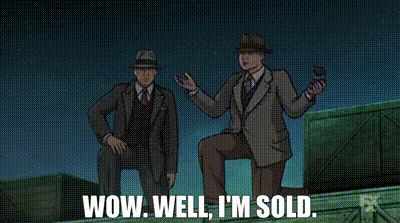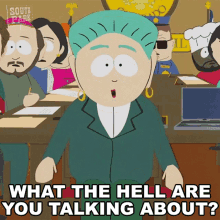There's a bunch available but I am hoping that you will find Time reasonable enough (not sure which outlet people will "believe". Here's a reasonably detailed explanation. Mueller didn't think a sealed indictment would be safe (too many leaks) so, he crossed that option either. He was left with the only neither fish nor fowl option of not indicting him but not exonerating him either.
He was influenced by his views of the Constitution

time.com
Defendants normally have a chance to clear their name in a trial
Mueller then notes that defendants have a constitutional right to clear their name of criminal accusations through a speedy trial. By contrast, if prosecutors were allowed to impugn their reputations without charging them with crimes, it would be unfair.
“The ordinary means for an individual to respond to an accusation is through a speedy and public trial, with all the procedural protections that surround a criminal case,” he wrote. “A prosecutor’s judgement that crimes were committed, but that no charges will be brought, affords no such adversarial opportunity for public name-clearing before an impartial adjudicator.”
It would be unfair to say Trump committed a crime without offering him a chance to clear his name
Because Mueller’s team can’t indict Trump, it also can’t give him the opportunity for a speedy trial to clear his name, Mueller reasoned. He decided that his team would therefore not make an announcement that Trump had committed a crime — such as obstructing justice — despite the facts it uncover.
“The concerns about the fairness of such a determination would be heightened in the case of a sitting President, where a federal prosecutor’s accusation of a crime, even in an internal report, could carry consequences that extend beyond the realm of criminal justice,” he wrote.
Even a ‘secret indictment’ could still leak
Mueller also ruled out another option, which would be to obtain a sealed indictment against presidents that would not become public until after they leave office would not work because they could be leaked.
“‘It would be very difficult to preserve [an indictment’s secrecy,’ and if an indictment became public, ‘[t]he stigma and opprobrium’ could imperil the President’s ability to govern,'” he wrote, quoting the Office of Legal Counsel memo.
Prosecutors could still clear the president, but they declined
All that said, Mueller also said that he did not rule out publicly clearing the President of wrongdoing, either. But based on the facts his investigators uncovered, he decided not to do so.
“If we had confidence after a thorough investigation of the facts that the President clearly did not commit obstruction of justice, we would so state,” he wrote. “Based on the facts and the applicable legal standards, however, we are unable to reach that judgement.”
“Accordingly, while this report does not conclude that the president committed a crime, it also does not exonerate him,” he added.



